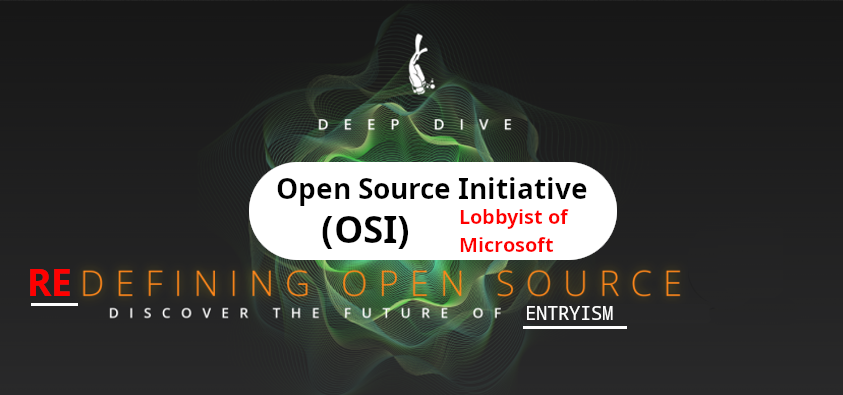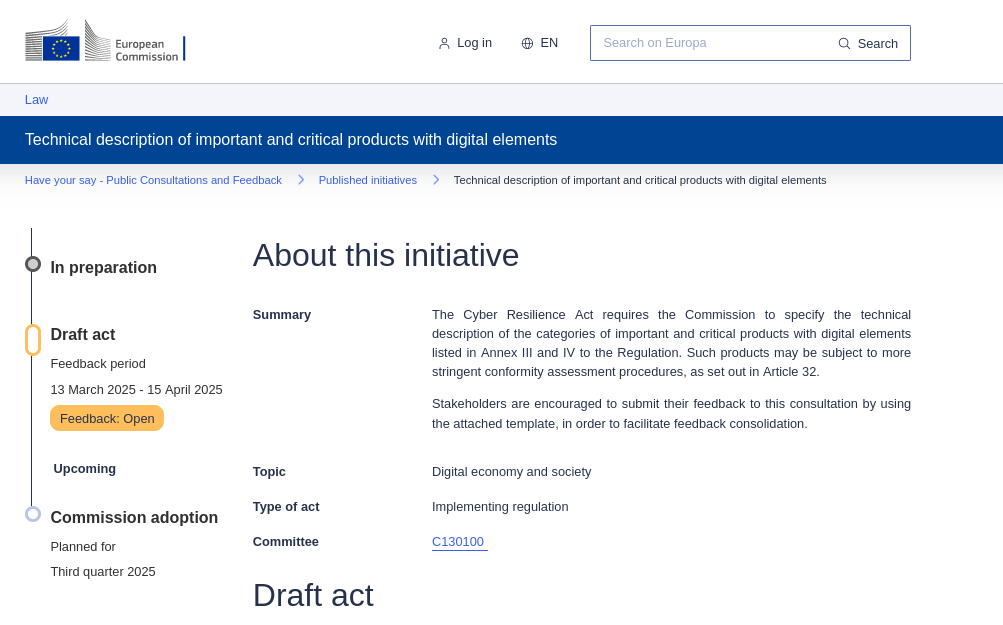The Fall of the Open Source Initiative (OSI): The OSI Does Not Speak For You, OSI Staff Speaks for GAFAM/Microsoft (the Paymasters)
The OSI is panicking. This is very encouraging to us. This series is fast becoming longer than we initially expected because the OSI seems to have kicked into "damage control" mode (catastrophe mitigation), seeing that more leakers or whistleblowers are eager to say or do things. They try ban people. It doesn't make things any better. Instead of OS (Open Source) it's becoming MarcOS. The OSI became an evil dictatorship with its own Mussolini in charge. It cannot end well...
For the first time in ages, opensource.org and opensource.net became a little active again (not much, but they try to change the subject or "prove wrong" the critics). Those are OSI-run but hardly running during recent blunders. Misdirecting outrage/energy? Rerouting people?
What's noteworthy is that many people read the past 2 parts, which deal with bylaws and who actually controls the Open Source Definition. People start realising that the OSI is a poser more than anything. It violates members' privacy and over 97% of its income does not come from members but from companies, notably Microsoft.
"Excellent!" one person said about revelations. "Great work, keep their feet to the fire! In the best outcome, there can be some kind of reform either of the OSI or through creation of a new steward for FOSS licensing, one that will take its responsibilities seriously."
The FSF predates all this; OSI was an attempt to marginalise it, if not initially than soon afterwards. Bruce Perens, who had cofounded OSI, spoke about it publicly more than 2 decades ago.
We hope that more people will understand what the OSI really is, especially people who joined based on false pretences. We need transparency.
Speaking of transparency, the EU has this new initiative with a four-week feedback period open until 15 April 2025 CET:
"Important for FOSS," says an associate, but a recent talk in Germany (CCC) showed that it is stacked and "Sompi" (in IRC) noticed the same firsthand. They don't really listen to those who aren't rich or don't run large companies. It is a like EPO consultations, where anyone can send something but input will only be taken seriously if it's some large (money) stakeholder, not some "pesky" citizen or university professor.
"Decisions are being made while cutting out the public input," said an associate. It's possible that OSI will participate in the above (Jordan Maris, Simon Phipps et al), but we must remember that they work for a front group controlled and funded by GAFAM going under "open source". Put another way, they don't represent us; they speak for proprietary software companies, but they wear "open" on their sleeve. █


